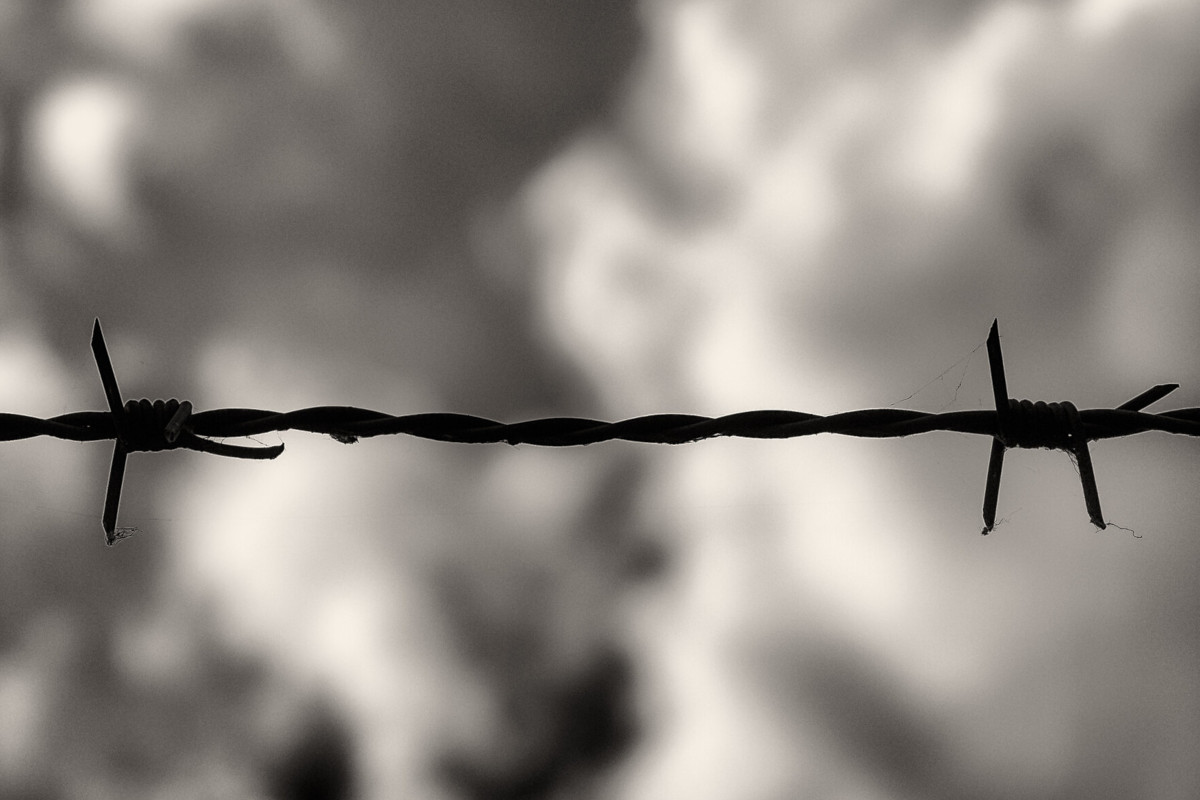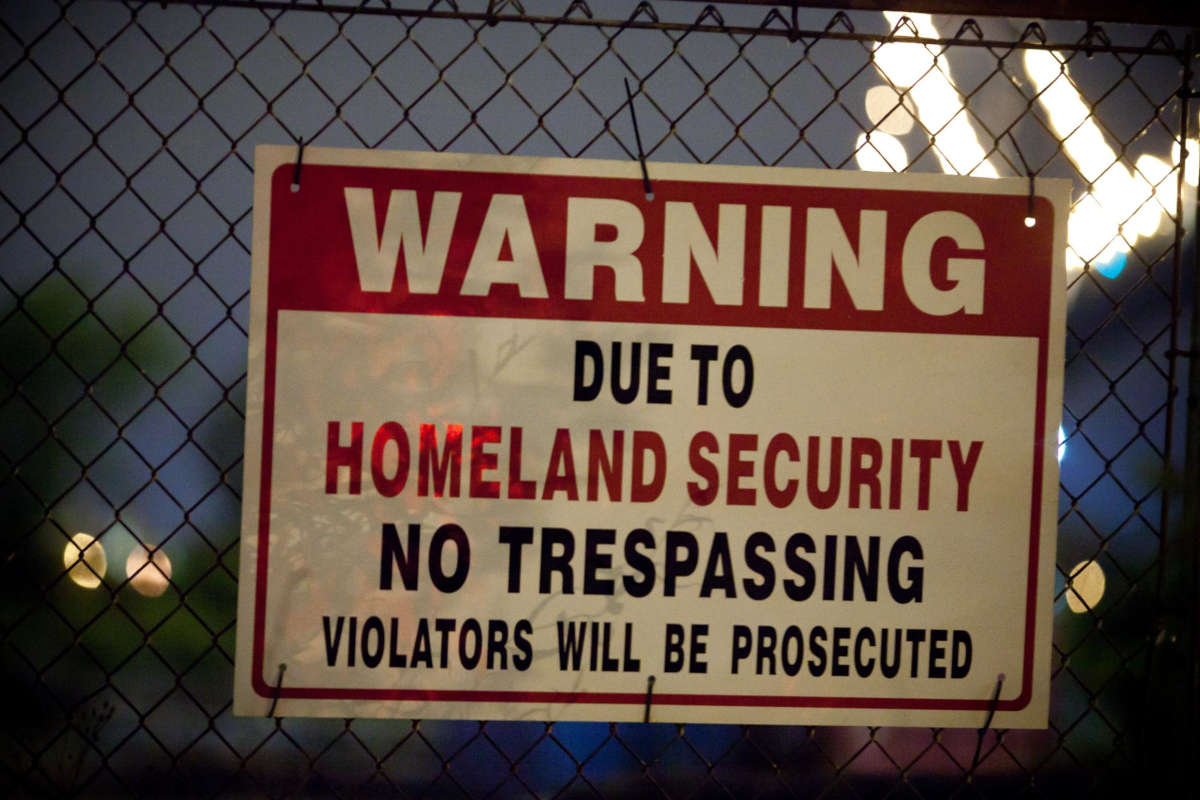Urgent warning: more deaths at sea, NGO ships blocked
Topic
Country/Region
30 August 2023
A joint statement signed by 56 organisations, including Statewatch, calls for European states to stop obstructing and hindering civil search and rescue missions in the Mediterranean Sea.
Support our work: become a Friend of Statewatch from as little as £1/€1 per month.
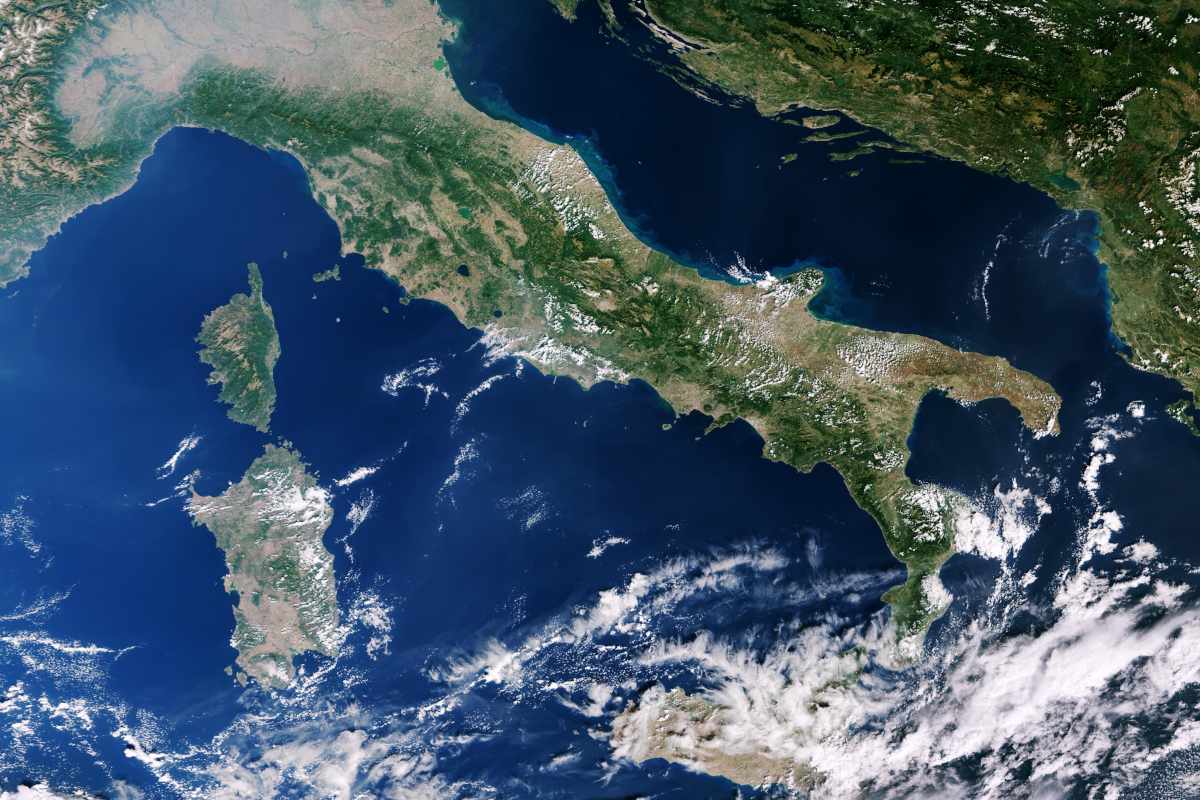
Image: European Space Agency, CC BY-SA 2.0
European states must stop obstructing civilian search and rescue efforts in the Central Mediterranean
Up to 600 people lost their lives in another avoidable shipwreck off the Greek coast in June 2023. As civil society, we are horrified by the preventable deaths in the Central Mediterranean sea which happen year in, year out. Search and rescue ships are urgently needed to prevent further loss of life on the deadliest migration route in the world, yet EU member states – most prominently Italy – are actively obstructing civilian search and rescue efforts.
As of today, Aurora, Open Arms and Sea-Eye 4, three civilian ships fully equipped for search and rescue (SAR), are kept from operating at sea. The three detention orders, issued by Italian authorities in less than 48 hours, add to the significant caseload of administrative obstruction faced by SAR NGOs this year. Since the beginning of 2023, there have been eight cases of detentions of NGO vessels in Italy. The civilian search and rescue vessels Aurora, Geo Barents, Louise Michel, Mare*Go, Open Arms and Sea-Eye 4, were each prevented from going to sea for 20 days, based on illegitimate regulations. Both Aurora and Sea-Eye 4 are detained for the second time this year. These detentions have kept SAR NGOs vessels away for a total of 160 days that could have been used to rescue people from boats in distress and to prevent the shipwrecks that occur on a daily basis in the Central Mediterranean.
The administrative harassment of NGO vessels is based on a recent law [1] passed by Italy which increased requirements for carrying out search and rescue activities and introduced sanctions in case of non-compliance. The new measures are part of a long history in Italy of criminalising and obstructing civilian search and rescue activities. Under the new law, Italian authorities can order civilian search and rescue ships to head to an assigned port immediately after a rescue – even in situations where there are other boats in distress in the vicinity of the NGO vessel. Italy’s new law puts pressure on captains of the civil fleet to disobey international maritime law and the duty to rescue people in danger at sea. By obstructing rescue operations, Italian authorities are acting in contravention of the international legal obligation to carry out rescues at sea.
The new legislation is compounded by the Italian government‘s ‘distant ports’ practice, which requires NGO ships to disembark rescued people in ports up to 1,600 km and five days’ navigation away from the site of a rescue. International maritime law states that the disembarkation in a place of safety of persons rescued from distress at sea should take place “as soon as reasonably practicable,” with “minimum deviation from the ship’s voyage,” and the time that survivors spend on board should be minimised [2]. Yet in more than 60 instances since December 2022, Italian authorities have assigned an unnecessarily distant port for NGO vessels to disembark survivors. Moreover in recent instances, Italian authorities have repeatedly instructed NGO ships to request a Place of Safety in Tunisia for people rescued at sea. With a severe lack of protection for asylum seekers, Tunisia is currently experiencing a surge of violence against migrant populations, meaning that the country cannot be considered a Place of Safety. Disembarking rescued people on its shores would be a violation of international law.
NGOs which have not complied with the illegitimate demands of the Italian authorities have been fined up to €10,000 and their vessels have been detained for 20 days. All NGOs carrying out search and rescue activities at sea now face the risk of further fines and detentions. According to Italian law, repeated non-compliance will lead to vessels being seized, which would result in a permanent end to the ship’s operations.
The detention and possible seizure of NGO vessels, as well as the ‘distant ports’ practice, obstructs the lifesaving activities of search and rescue vessels. From recent experience – for example the restrictions placed on search and rescue NGOs by the Greek government in September 2021 – it is clear that the creeping obstructions we are experiencing in Italy will lead to fewer civilian rescue ships operating and to further loss of life in the Central Mediterranean.
As non-governmental organisations, associations and initiatives that advocate for the right of people on the move to protection and respect for their fundamental rights, we have witnessed the EU’s closed-door and deterrence policies with rising concern. These policies do not result in fewer people trying to cross the Central Mediterranean, but result in more suffering and more deaths. In the months since Italy – backed by the silent majority of EU member states – put these restrictive measures in place, the number of shipwrecks resulting in loss of life has increased dramatically; 2023 is already one of the most deadly of recent years. The rising frequency of shipwrecks makes the urgent need for additional search and rescue capacity even more obvious.
We send an urgent warning to the EU and its member states: if humanitarian assistance at sea continues to be obstructed, we are likely to see a drastically decreased – or even non-existent – presence of civilian search and rescue vessels in the Central Mediterranean by the end of the year. The result will be yet more lives lost, as the blocking of civilian rescue efforts will not stop people from attempting to cross the sea. We call on the EU and its member states to act urgently to stop the illegitimate obstruction of civilian search and rescue vessels by Italy. All civilian search and rescue ships must be released immediately and any fines resulting from Italy’s new law must be dropped. Italy’s law restricting NGO search and rescue activities in the Central Mediterranean must be revoked immediately; instead, international maritime law and human rights law must be the framework for all those who operate at sea. The EU Commission must put an end to the derogatory practices of its member states to basic principles of international law at the EU’s external borders. Finally, EU states must create legal and safe corridors to prevent people from being forced onto unseaworthy boats in search of safety.
Signatories
First signatories
CompassCollective
EMERGENCY
iuventa-crew
Louise Michel
Maldusa
MARE*GO – Zusammenland gUG
Médecins Sans Frontières
MEDITERRANEA Saving Humans
Mission Lifeline
Open Arms
ResQ – People Saving People RESQSHIP
r42-SailAndRescue
Sea-Eye e. V.
Sea-Punks
Sea-Watch e.V.
SMH – Salvamento Marítimo Humanitario
SOS Humanity
SOS MEDITERRANEE
Second signatories
#LeaveNoOneBehind
Abolish Frontex Roma
aditus foundation
Alarm Phone
Alarme Phone Sahara
Are You Syrious?
Ärzte der Welt e.V. / Médecins du Monde Germany
ASGI
Asmara’s World
Associazione Don Vincenzo Matrangolo E.T.S.
Associazione per gli Studi Giuridici sull’Immigrazione
Blue Door Education
borderline-europe
Boza Fii (Benn Kaddu – Benn Yoon)
Channel Info Project from l’Auberge des Migrants
Convenzione per i diritti nel Mediterraneo
Europasilo
Europe Must Act
Gisti (Groupe d’information et de soutien des immigré·e·s)
Human Rights at Sea
I Have Rights.
La Cimade
LasciateCIEntrare
Lighthouse Relief
Lungo la Rotta Balcanica
Medici del Mondo
Melitea
Migrant Women Association Malta
migration-control.Info Projekt
Migreurop
MoCi A.p.s.
Pasaje Seguro Cantabria
PRO ASYL
Progetto Mem.Med
Recosol (Rete delle comunità solidali)
Seebrücke
Seebrücke Frankfurt am Main
SOS Malta
Statewatch
Stop Border Violence
United4Rescue
Notes
[1] Decree Law No. 1/2023, amended by Law No. 15 of 24 February 2023
[2] 2004 Amendments to the International Convention on Maritime Search and Rescue (1979), IMO Resolution MSC.155(78), 3.1.9; IMO Resolution MSC.167(78), 2004, 6.8
Our work is only possible with your support.
Become a Friend of Statewatch from as little as £1/€1 per month.
Further reading
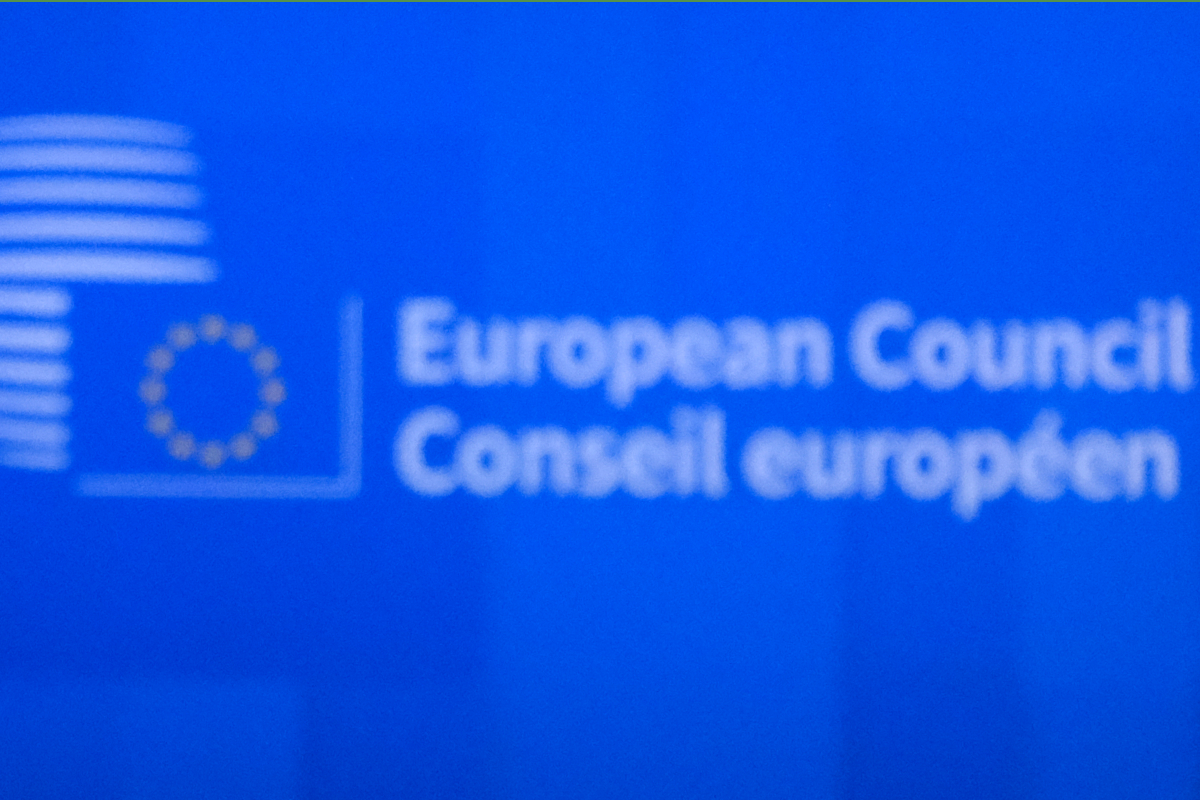
Pylos shipwreck: European Council prepares to shed crocodile tears
The European Council meeting later this week will express "its profound sorrow for the terrible loss of life as a result of the recent tragedy in the Mediterranean," at the same time as reiterating, for the umpteenth time, its commitment to "breaking the business model of traffickers and smuggling networks and to tackling the root causes of irregular migration." As a recent Europol report highlights, this model is in large part a creation of the EU and its member states. Meanwhile, a letter from Ursula von der Leyen demonstrates how much work is going in to expanding control, and how little to increasing the possibility of legal migration.
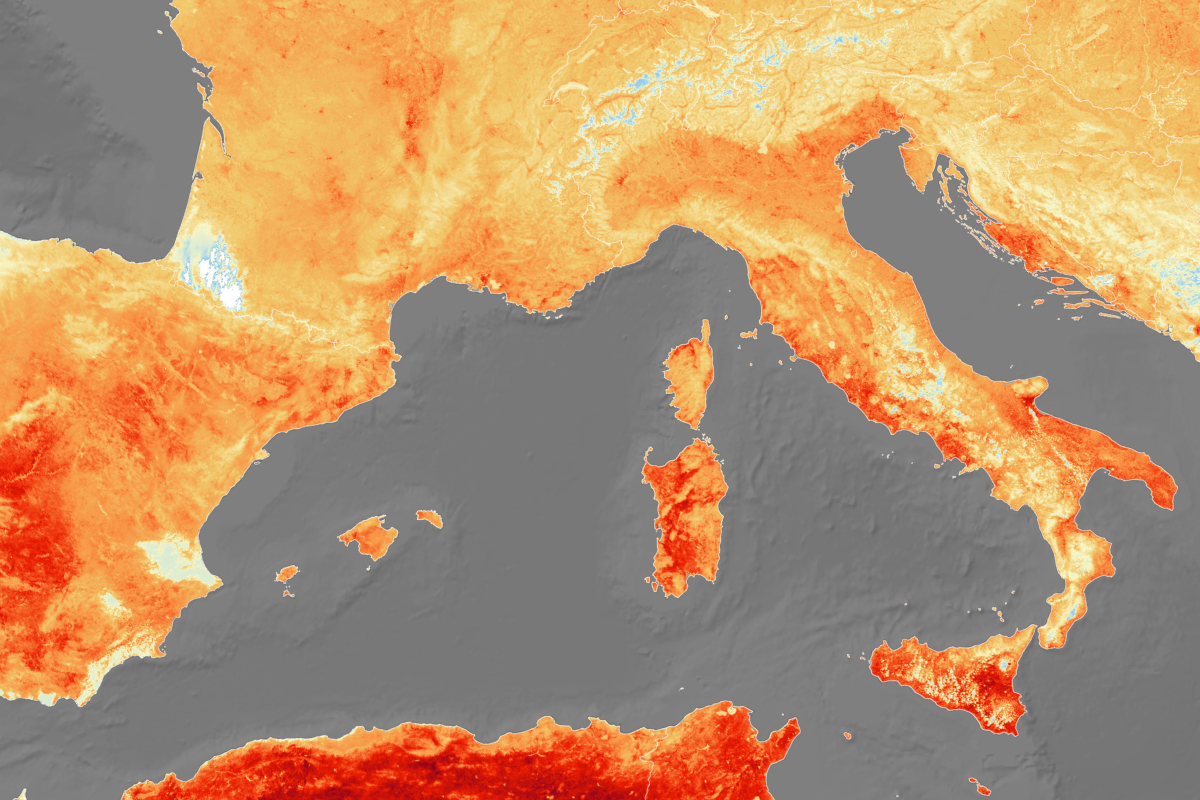
Search and rescue in the Mediterranean: German response to Commission roadmap
Ahead of the upcoming meeting of the European Commission's Contact Group on Search and Rescue on 16 June, the German authorities have issued a response to the Commission's draft roadmap that was published by Statewatch last month. The response is published here.
Spotted an error? If you've spotted a problem with this page, just click once to let us know.
